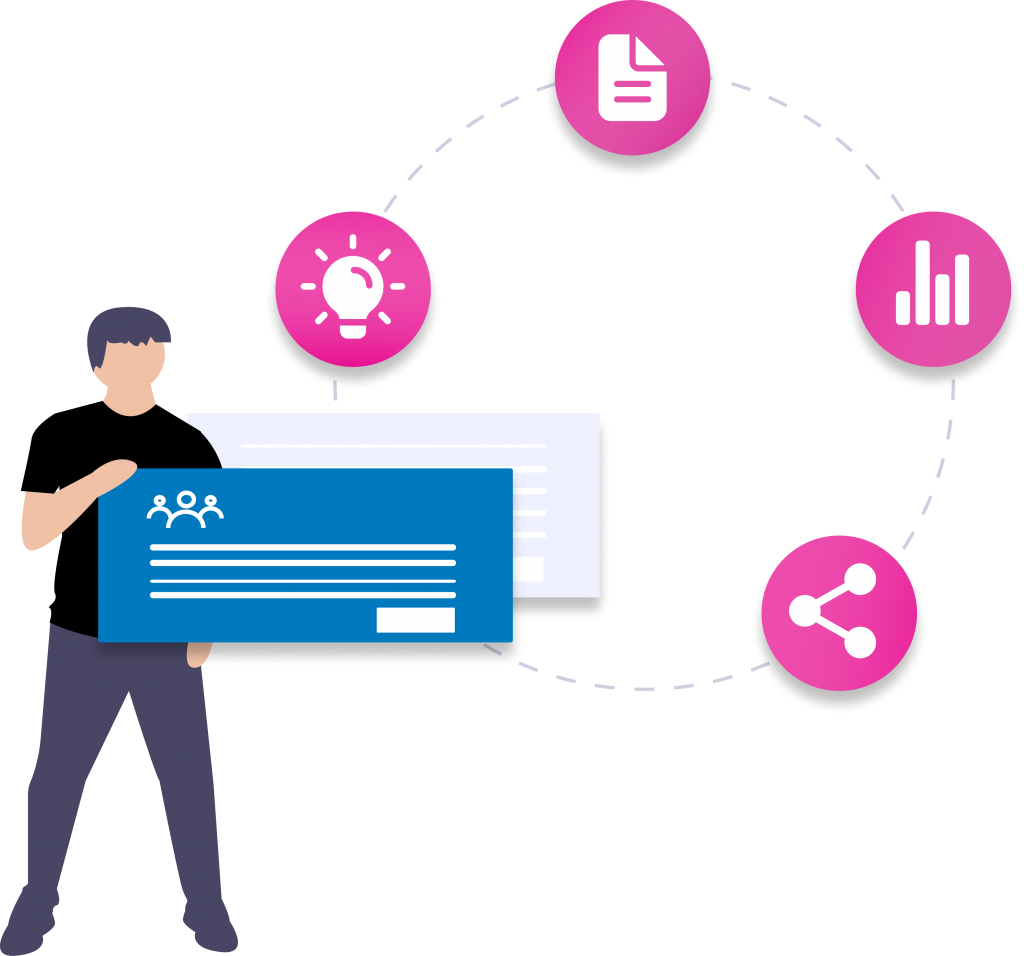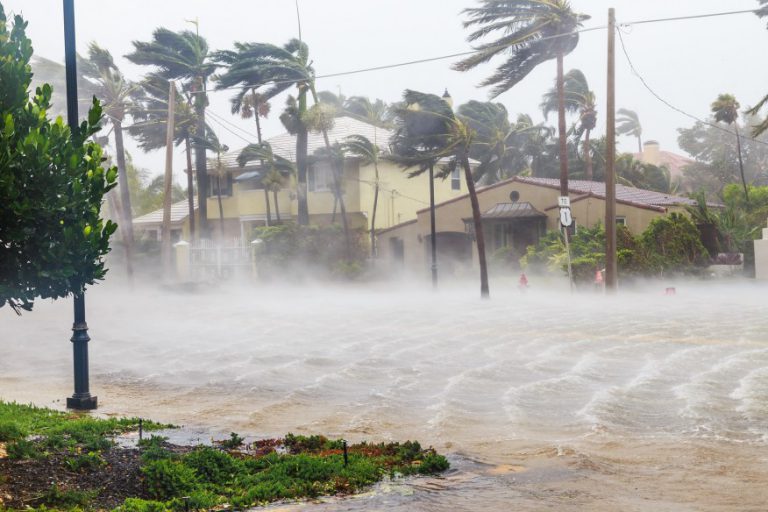Hurricane Irma ravaged parts of Florida and the Caribbean in September.
My assignment – find people in the affected areas for live hits throughout the day – be it residents, government officials, local journalists or relief workers.
In the midst of chaos during a natural disasters finding people is a lot harder.
Here are tips and tricks for finding people to interview in hard to reach places based on what I have learned from colleagues and my own trial and error.
via GIPHY
Who Are You Looking For?
Whether your producer or editor tells you or not, it’s important to know who you need to look for to narrow down your search.
Hurricane coverage – just like any other type of story you may be doing – has a variety of angles. Is the story about how the community is preparing or has been impacted? Is it about what the state is doing to prepare their citizens? Is it about the relief efforts after the fact?
I found there are loose categories of sources you could choose from in these situations: residents, government officials or experts, and relief organizations.
Recently, I needed to book someone for a live hit about Puerto Rico’s food and water supply crisis after Hurricane Maria. While I contacted some residents, I focused on contacting relief organizations like the American Red Cross, as they are on the ground and are the people trying to bring those supplies to the community.
There are also days when the show has had a government official and a meteorologist on to provide an expert view of the disaster. That’s when I’d have to look for residents to tell the story from their point of view to keep the government accountable.
Using Social Media to Find a Source
via GIPHY
Twitter and Facebook are a journalist’s all you can eat buffet of sources.
However, during a natural disaster, social media feeds are messy. They’re filled with people sharing sympathy for what’s happening, journalists and news organizations posting the latest updates, and if you’re lucky someone who is or knows someone who’s in the affected area.
Here’s how to scour through each platform effectively:
Twitter: Use Keywords and Read Bios
Most of the tweets under the “Top” tab when you search something are news organizations, celebrities, and prominent people.
I tend to go to the “Latest” tab where everyday tweeters are found. If you do find someone who is tweeting like they’re in the affected area, verify by checking their bio for a location. Look at their other tweets to see if they’ve been posting about the situation frequently.
Being more specific with your searches is always better.
Searching “Hurricane Maria Puerto Rico” helped me narrow down people who were mentioning Puerto Rico in their tweets. I also searched “Hurricane Irma Canadians” (I’m in Canada) and found a woman tweeting about how her and her friends were stuck on one of the islands pleading at the Prime Minister for help.
Facebook: Groups & Posts for Leads

During both hurricane Irma and Maria, there were many Facebook groups created for people to find friends, relatives, and see if their homes were severely damaged. Joining these groups and posting a friendly note asking if anyone is able to connect you with people in the affected areas can lead to possible interviewees.
You can usually find these groups by searching the disaster followed by the place and adding check in like in the photo above. Look for groups that have active posts as the admin’s for those groups are more likely to accept your request to join quicker. Approval for your request to join a group could take minutes to an hour. If it’s taking too long, you can still see posts in a group, you just can’t comment. So, get in touch with a possible source personally by adding and messaging them.
There are also people posting about relatives in affected areas. During Hurricane Maria, I found a post from a father saying how his daughter was on the U.S. Virgin Islands, and how she found safety. I commented on that post and asked him if it was possible to connect me with his daughter.
Tried and True: Google
Example:
a. Search “Hurricane Maria”
b. News tab
c. Look for people quoted in other stories for leads
This is a similar technique one uses in general, but when people are being displaced due to a natural disaster those that may have been available could be impossible to reach.
If you are chasing for TV it means that you are likely sitting in a newsroom, not on location or possibly even in the region.
When Maria was expected to batter the U.S. Virgin Islands, I had to find a resident there that could tell us how they were preparing. I was reading through an article that had multiple voices from residents across the Caribbean. A simple copy and paste for his full name into Facebook helped me chase a man who was in the U.S. Virgin Islands with a great story.
Contact A Lot of People
The best thing to do is message as many people you can. It might take a bit of waiting, but you’d be surprised who will get back to you. It is not as predictable during a natural disaster.
In such a chaotic situation you can’t be too picky as it’s difficult to know how often one is able to check their email and social media, and then be in a position to reply.
Be Patient
Remember that the people you are reaching out to aren’t in the best situations mentally or physically. They may only have internet access on their phone. The cellular service could be spotty or they may only have intermittent access when they can access wifi.
Be empathetic to their situation.
Use Expertise Finder
You can also look for credible experts in a few seconds with a search on Expertise Finder. ireachable expert sources
Here are the experts on “natural disasters”:
https://network.expertisefinder.com/searchexperts?query=natural+disasters




